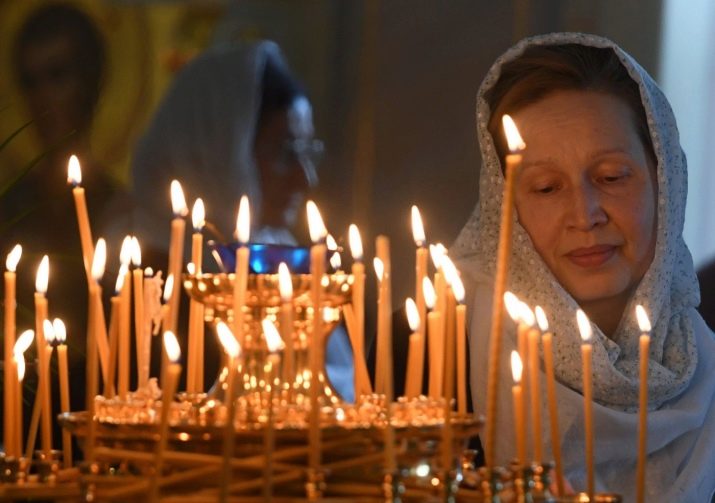Forgiveness Sunday: holiday history and traditions

The last Sunday before Great Lent is called Forgiven by Christians. On this day, believers ask each other for forgiveness, thus purifying the soul.

Origin story
The tradition of celebrating Forgiveness Sunday dates back to ancient Egypt. Then the monks, before the beginning of the fast, went to the desert for 40 days. There they prayed a lot, thought about their lives and prepared for the celebration of Easter.
Thus, they tried to repeat the feat of the Savior.
Since life in the desert was full of various dangers, the monks very responsibly prepared for this journey. They sincerely asked for forgiveness from each other and from their loved ones like the last time. Many of them really did not return from such a trip, dying of thirst, hunger, or after meeting with wild animals.
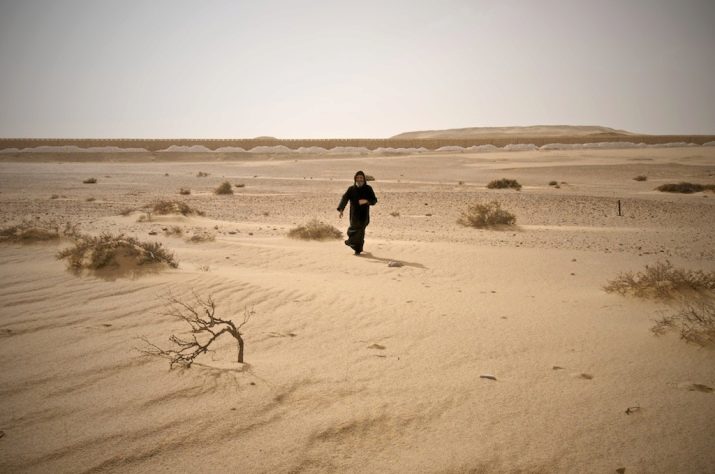
Over time, this tradition has passed into modern Christianity. People began to pray for forgiveness already in the temples. Since then, it is believed that on this day God forgives people all the sins of which they sincerely repented.
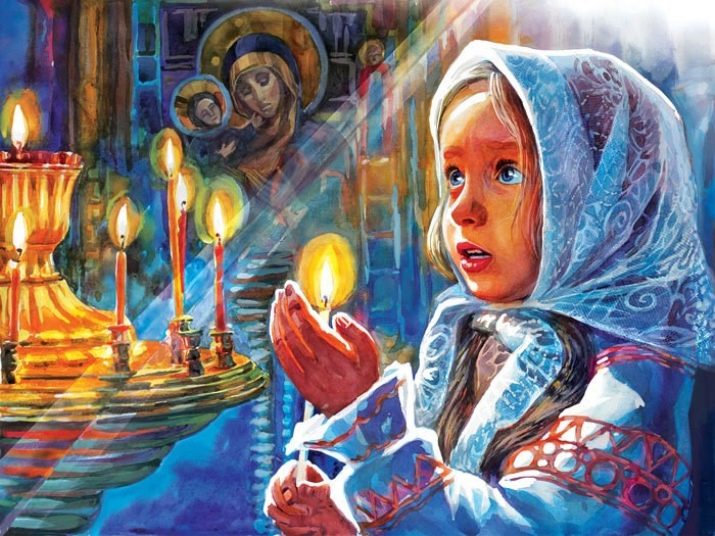
At the same time, many do not understand why they should ask for forgiveness if they do not violate the basic commandments and lead a decent lifestyle. The meaning of this holiday is explained to believers using the example of the parable of the Pharisee and the Publican.
Both men lived at about the same time. At the same time, the Pharisee was a righteous man. He prayed constantly, observed a fast, and tried to avoid the company of sinners. Because of this, the Pharisee considered himself smarter and better than others during his lifetime. The publican was an invader who collected taxes from people. For this, everyone sincerely hated him. The man understood this and constantly atoned for his sins.As a result, after his death, the Publican was forgiven, and the proud Pharisee was punished. Therefore, believers try to atone for even the most insignificant sins and ask for forgiveness from all their loved ones.
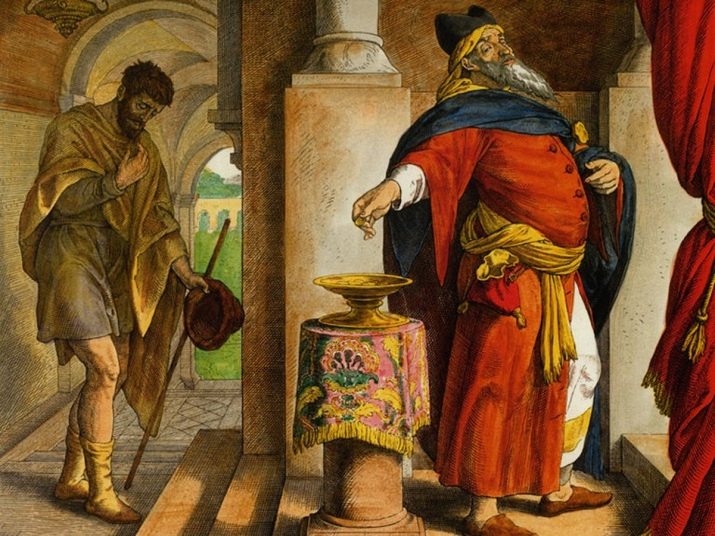
Traditions and rituals
There are many traditions associated with this special day.
- On Forgiveness Sunday, believers always visit the graves of their relatives. For some people, this is another way to ask for forgiveness from the dead, for others - the opportunity to order the commemoration of the dead at the Liturgy.
- Since ancient times, it has also been customary to attend divine services on this day. Now believers before Great Lent also go to one of the holy places in order to take communion and confess all their sins. Traditionally, young people are the first to ask for forgiveness.
- The tradition of spending Sunday evening in the company of those closest to you was of great importance. Households in the evening gathered at a large table. Father sat in the center. Each of the family members took turns coming up to him and talking about the bad deeds he had done. At the end of the confession, all the relatives prayed together, asking the Almighty for forgiveness for the sins and offenses caused to each other. Getting together on this day is also a good idea these days. Especially if parents and children live far from each other and rarely meet. So they will have the opportunity to talk heart to heart, discuss important issues and just spend time together.
- Modern believers congratulate each other on a festive morning with warm words, poems and thematic postcards. The Church treats such rituals positively.
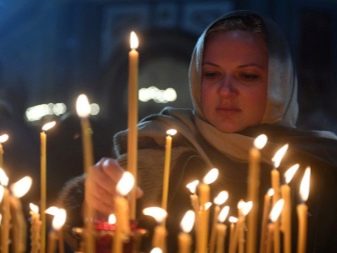


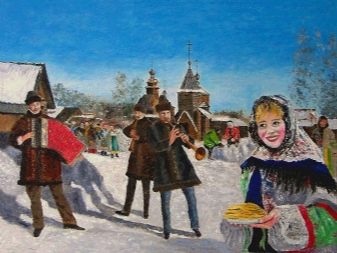
Separately, it should be noted that Forgiveness Sunday is the last day of Maslenitsa. Several rites are also associated with this. In ancient times, it was customary to celebrate the farewell to winter violently. The script for this holiday consisted of noisy games, dances, family walks and sledding. At the end of the day, people burned a Maslenitsa effigy made of straw and unnecessary rags. This was done in a large crowd in one of the main squares of a village or city.
Now, on the seventh day of Maslenitsa week, a large number of noisy events are also held.
It is worth remembering that the Orthodox Church has a negative attitude to such pagan traditions.
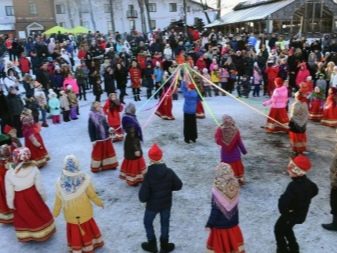
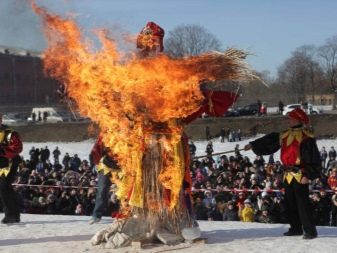
How to spend your holiday?
Now believers, like many centuries ago, consider Forgiveness Sunday an important holiday.
How to ask for forgiveness and to forgive?
An important role on this day is played by the sincerity with which a person asks for forgiveness from another. The words that the believer utters on this day must come from a pure heart.
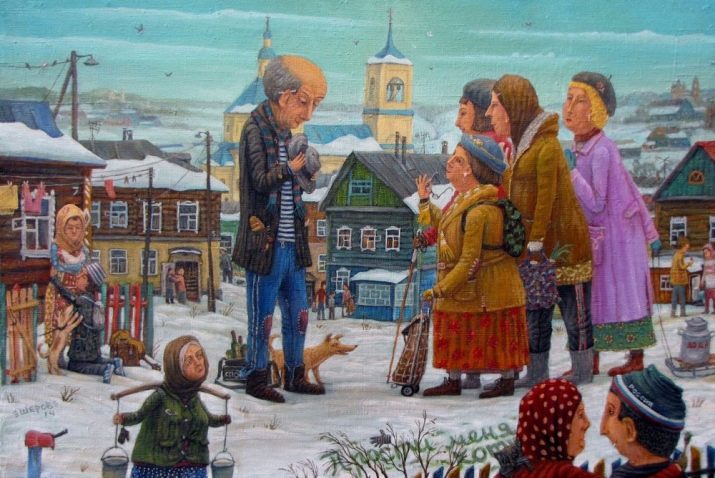
It is necessary to ask for forgiveness this Sunday from all people with whom relations seem strained. These can be friends, relatives, and even colleagues. In addition, on this day, it is customary to ask for forgiveness from God. After all, no matter how hard people try, during the whole year they still commit minor sins, experience envy and anger.

Traditionally, people kiss three times after asking forgiveness from someone. That is why this Sunday is also called the "kissing man". After kissing on both cheeks, you need to ask your loved one for forgiveness.
They usually answer this with the phrase "God will forgive, and I forgive."
It is believed that with such a phrase a person recognizes his own sinfulness and inability to judge his neighbor.

On this day, it is very important to be able to accept words of forgiveness. This should also be done with all sincerity. You should not hide a grudge against a person who really wants to improve and improve relationships with their loved ones. To refuse to forgive a person who asked for forgiveness on this holiday means to take his sin upon yourself.
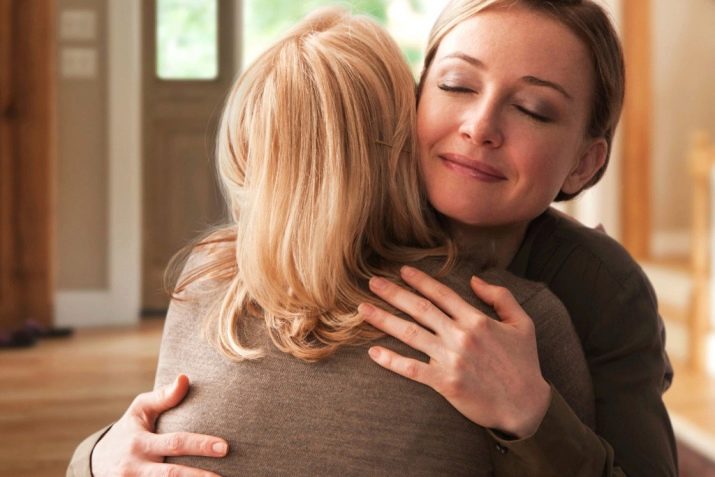
What can you do?
Forgiveness Sunday is a day worth dedicating to helping loved ones. Whenever possible, people give alms to those in need, help the homeless and animals from the shelter. It is especially pleasant to do good deeds at this time.

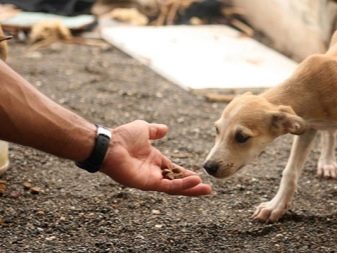
On Forgiveness Sunday, believers are allowed to baptize children. But you can't get married on this day.This is best done after Lent.
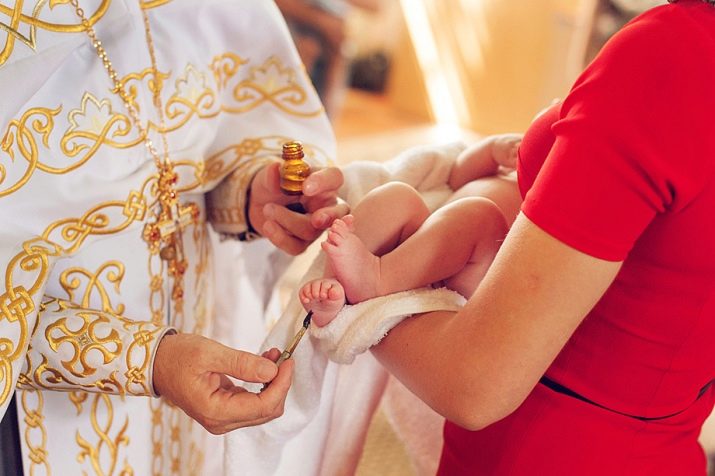
In this case, on Forgiveness Sunday, the couple can sign. But lush festivities are also best avoided. After all, towards evening people should begin to prepare for Great Lent.
It is also worth considering that on Forgiveness Sunday, believers should not quarrel, get angry and even think about something bad.
The bright holiday should be the beginning of a person's spiritual cleansing, which will last until Easter. You can't work hard on such a special day. Believers are not allowed to clean the house and do the laundry. You can cook food and take care of pets.


What can you eat?
On this day, it is customary to serve a large number of different treats to the table. The evening should be spent in the company of your family. Very often believers invite close friends to visit. The list of main dishes served at this time is as follows.
- Pancakes. They are prepared with a wide variety of fillings in large quantities. The hostesses pamper households and guests with pancakes with caviar, cottage cheese, fish or vegetables. They are served with butter, honey and sour cream. Pancakes are treated not only to guests, but also to neighbors.

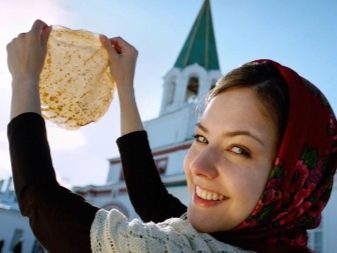
- Vareniki. Most often, dumplings are served with curd or cheese filling.
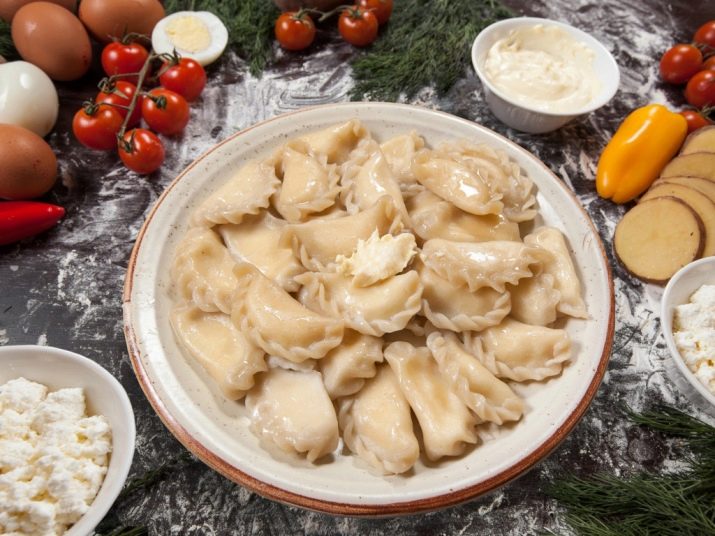
- Fried eggs. In many families, there is a tradition at the end of the holiday to serve ordinary scrambled eggs to the festive table. Typically, this is the last dish guests eat. This is explained very simply: after the end of the holiday, Great Lent begins, during which believers cannot eat eggs and dairy products. Now, when you will not surprise anyone with simple scrambled eggs, you can serve omelet rolls, egg soufflé or any other similar dishes to the table.

But meat cannot be consumed on Forgiveness Sunday, as in the previous 6 days of the week. It is usually replaced with hearty and tasty fish dishes. On the festive table you can often find fried crucians, pikes, fish cakes and even fish soup.
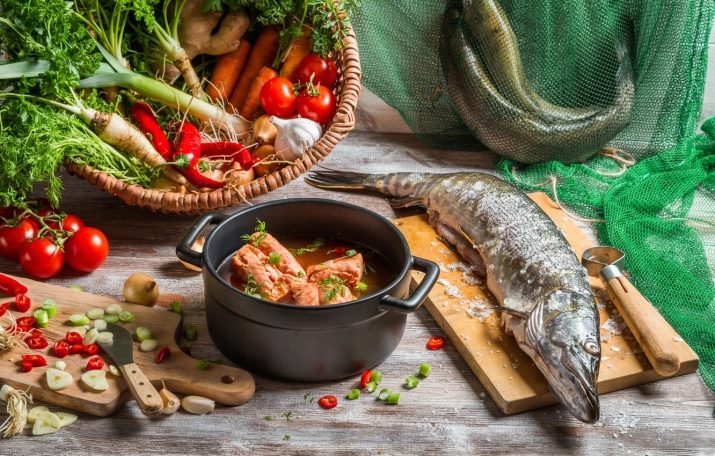
In addition, it is not customary to drink too many alcoholic beverages during the feast.
Traditionally, only a few glasses of red wine are allowed in the evening.
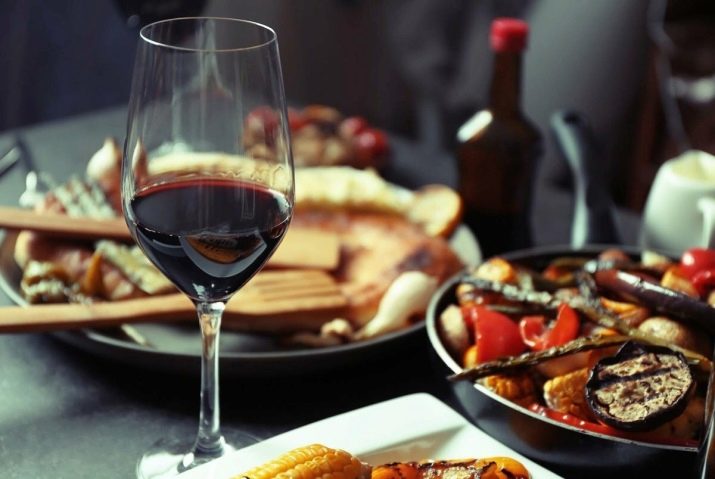
Signs and beliefs
A large number of interesting beliefs are associated with the last day of Maslenitsa week. Many of them remain relevant to this day.
- The most famous sign of Forgiveness Sunday is associated with the bathhouse. In the evening at the end of the weekend, it is customary to wash and steam, thus cleansing the body and soul.
- After a family meal, the dishes and leftovers should not be removed from the table. This is considered bad luck. The festive table on this day was previously covered with a sheet, and a sheep's skin turned out with the fur was thrown on top. It was believed that this ritual helps to keep peace in the house and attract good luck to its inhabitants.
- Previously, there were a large number of signs associated with nature. It was believed that if the weather is sunny on Forgiveness Sunday, it will be the same on Easter.
- If green grass was visible in the yard that day, the owners could count on a good harvest.
- Our ancestors also had a large number of signs associated with the main dish served to the table - pancakes. For example, it was believed that if a girl managed to distribute all the cooked pancakes, she would be happily married. If it was not possible to do this in a short time, she should not count on a successful marriage this year.
- Another sign associated with pancakes helped determine who will be the first child of the girl. If the first pancake she cooked went to the woman, the girl was counting on the birth of a daughter; if a man - a son.
- You cannot refuse pancakes on this day. This even applies to those who are on a diet or do not particularly like such food. People believe that pancakes eaten on Forgiveness Sunday evening endow a person with health.
- There should be no pancakes left on the table after dinner. They must certainly be eaten by the family. It is believed that this helps to bring relatives together and make each family member happier.
- In order to honor deceased relatives and loved ones, it was customary to put pots full of porridge right by the stove at night.
- If birds were singing outside on Sunday morning, good news awaited the family.
- People also paid attention to the animals they met on the street. If a guy, leaving the house, met a black dog, it was believed that an evil and "black-mouthed" young lady would fall into his wife. Such an animal promised the girl a brunette's wife.

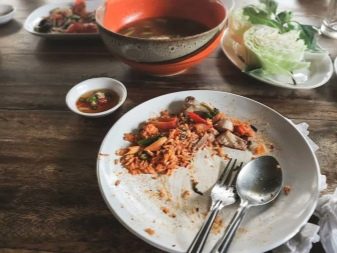
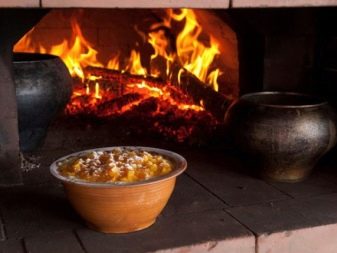
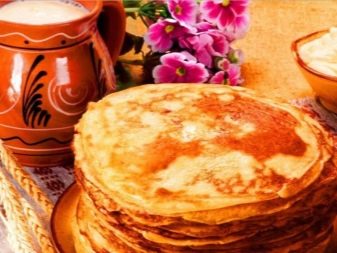
Fortune-telling on Forgiveness Sunday was never approved by the church. This, as on other days, was considered a sinful pursuit.
However, the girls still secretly went to the witches. On this day, they could give answers to the most important questions. In addition, the girls often gathered in companies and wondered on their own. Very often this was done in the process of baking pancakes. The girls paid attention to the following details.
- If the pancake had even edges, it was believed that the girl who cooked it would be happily married. If they turned out to be uneven, she should have thought again before marrying her current boyfriend.
- By the number of large holes on a pancake, girls usually predicted how many children they would have in the future.
- If the pancakes turned out beautiful and ruddy, this promised good health.
- The thickness of the pancake also played an important role. If he was thin, it was believed that the whole next year would be easy.
- The girls also wondered over the frying pan in which they prepared delicacies for the holiday. After cooking, a little straw was placed under it. It was believed that if you step on the frying pan at this moment, in the rustle and creak of dry grass, you can hear the name of the future spouse.
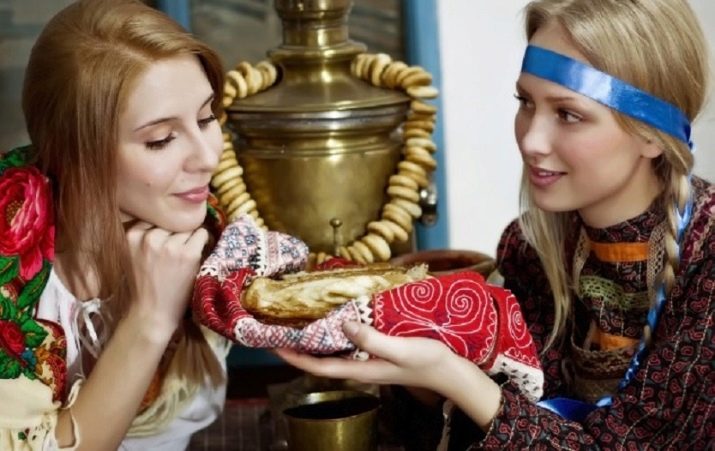
Forgiveness Sunday is an important day for many people. After all, letting go of all hidden grievances and forgiving them to others, a person begins to feel lighter.
